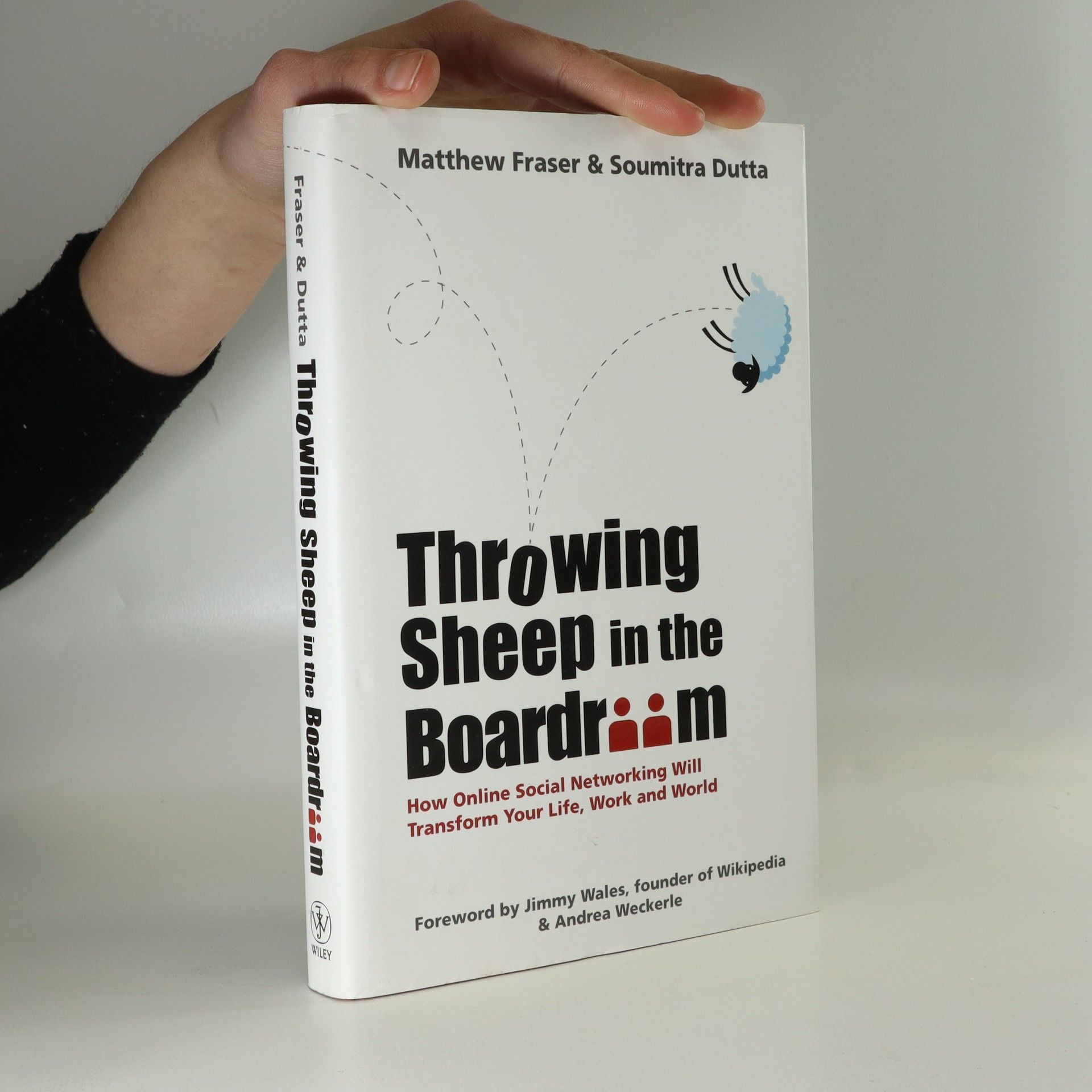TRUST
Die 7 Regeln des Vertrauens oder wie man Dinge von Dauer schafft | Der Wikipedia-Gründer über die Prinzipien seines Erfolgs
- 224 Seiten
- 8 Lesestunden
Das erste Buch des Wikipedia-Gründers In einer Zeit, die von Desinformation und einem Vertrauensverlust in Institutionen geprägt ist, steht das Fundament des Vertrauens, das für den Erwerb neuen Wissens unerlässlich ist, auf dem Spiel. Vertrauen ist der Schlüssel zu fairen Wahlen, einer zukunftssicheren Bildung und dem Schutz unseres Klimas. Der renommierte Tech-Visionär Jimmy Wales nimmt uns mit auf eine faszinierende Reise zu den Anfängen von Wikipedia im Jahr 2001. Wales zeigt, wie er mithilfe von sieben Vertrauensregeln eine einzigartige Website geschaffen hat, die auf den Prinzipien von Freiheit, Transparenz und Zugänglichkeit basiert. Diese Website ist inzwischen ein integraler Bestandteil unseres täglichen Lebens und hat den Zugang zu Wissen auf radikale Weise demokratisiert. Anhand der inspirierenden Geschichte von Wikipedia verdeutlicht Jimmy Wales' erstes Buch die entscheidende Bedeutung von Vertrauen und erläutert die Prinzipien, auf denen diese weltweit einzigartige Website basiert . Gleichzeitig zeigt er auf, wie man selbst ein verantwortungsvoller Entscheidungsträger werden kann.

